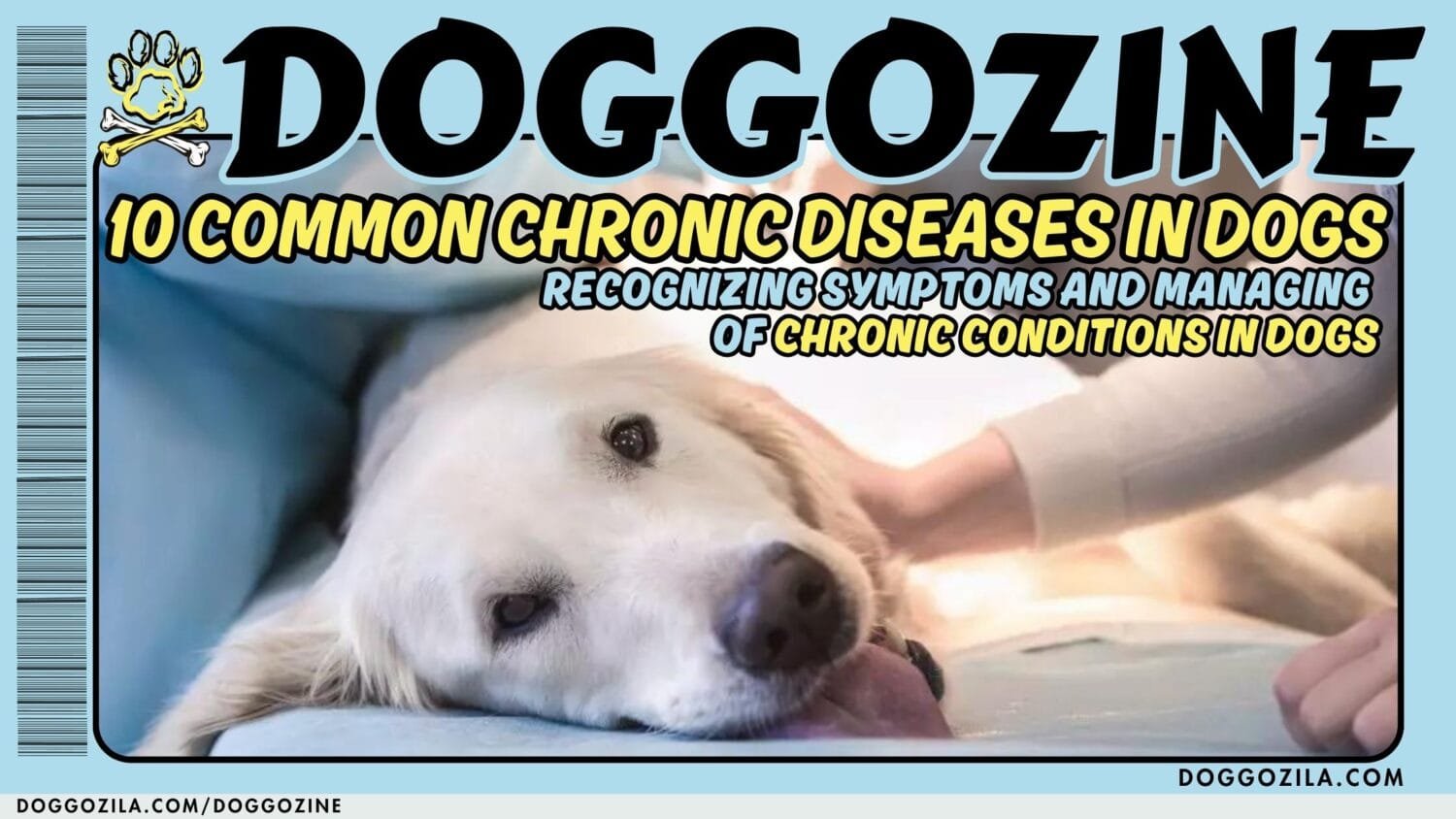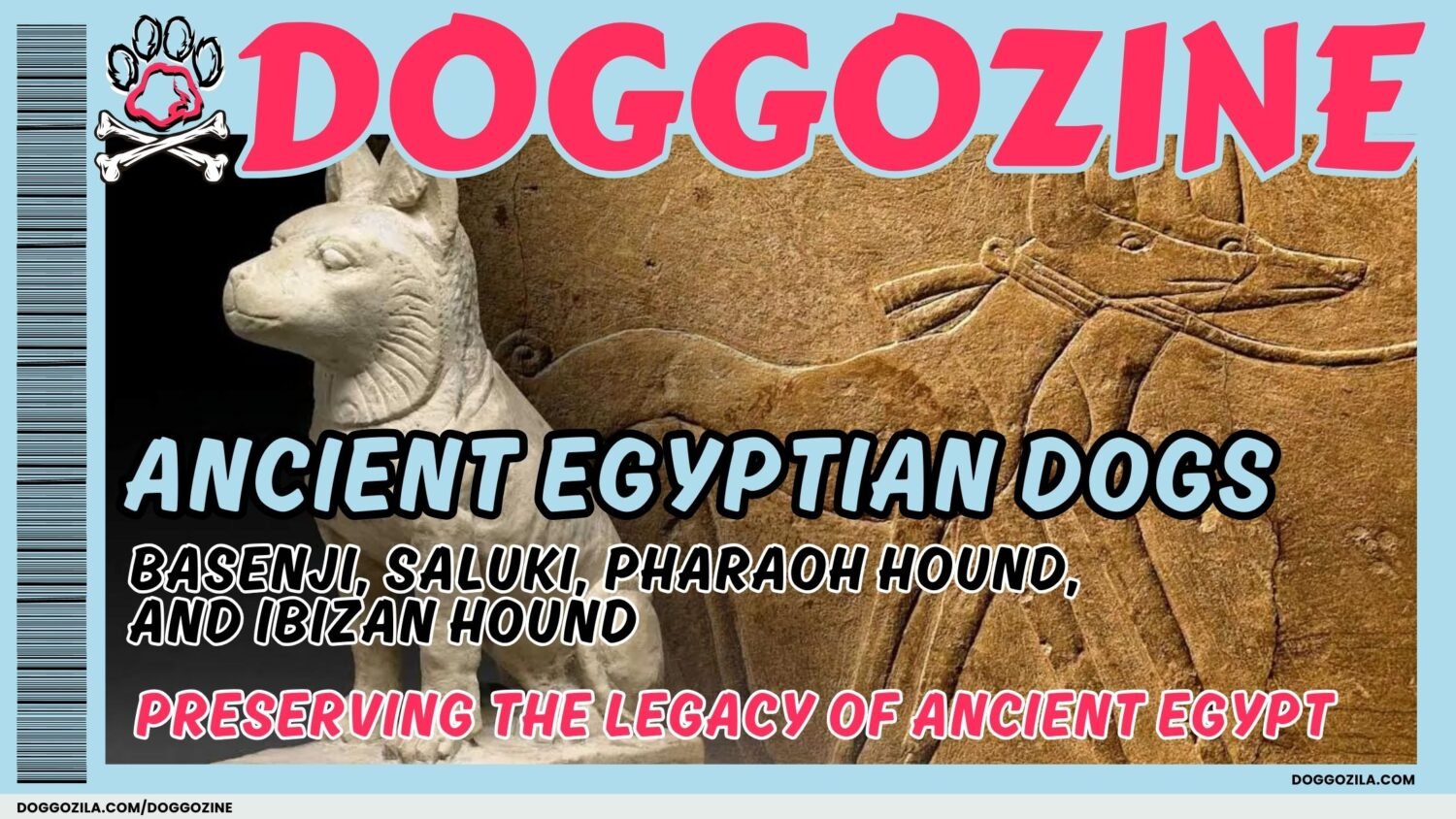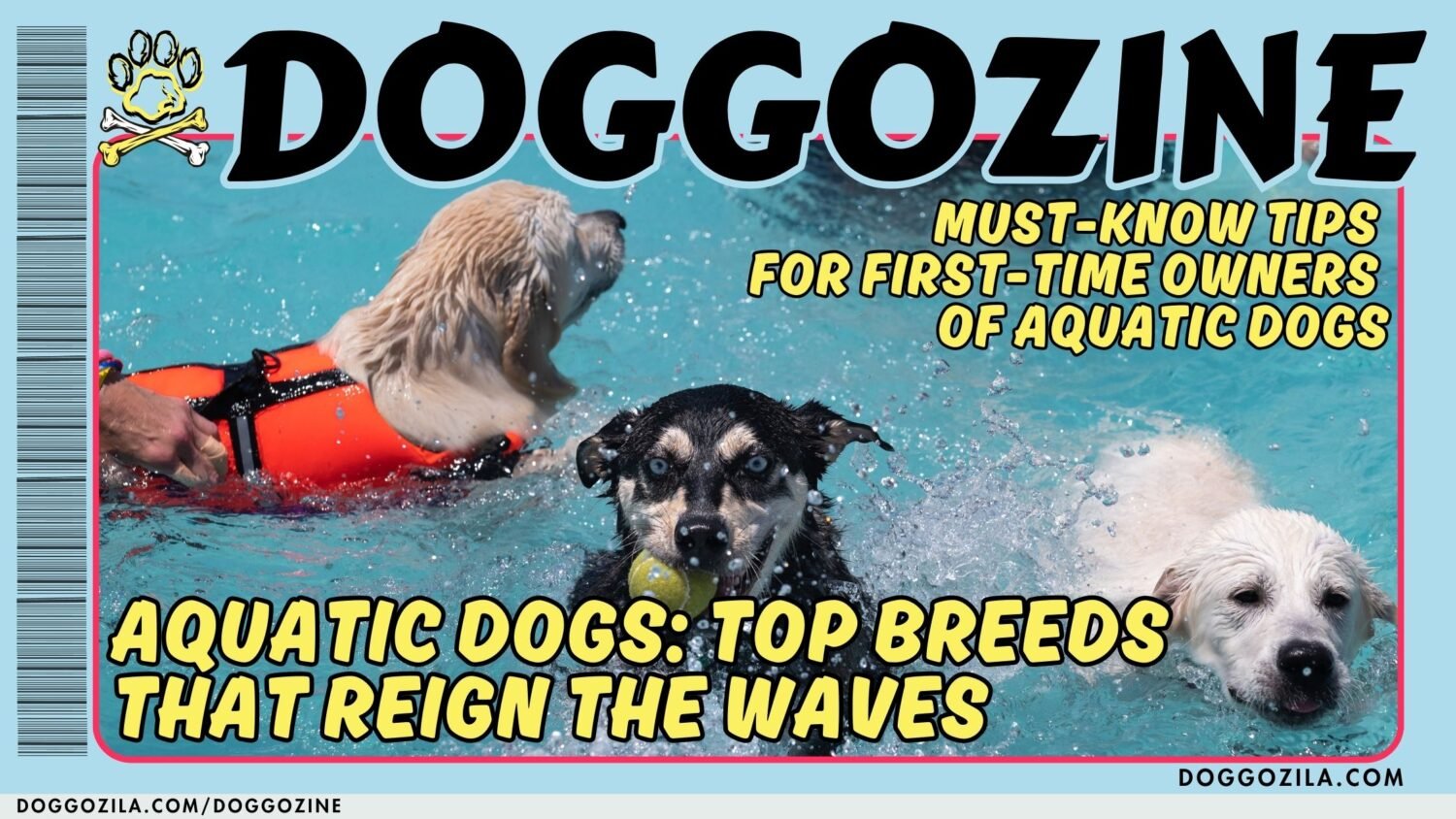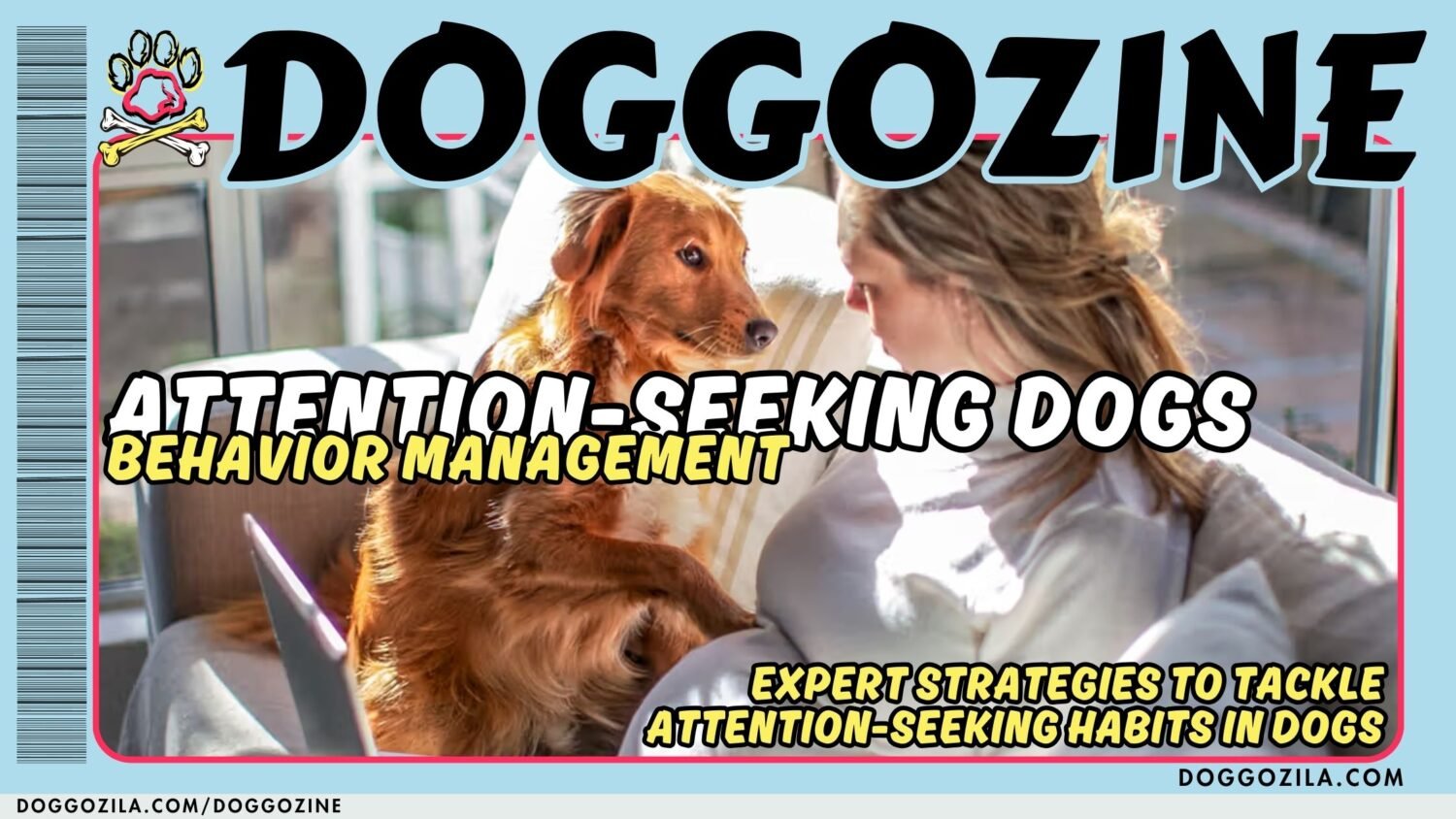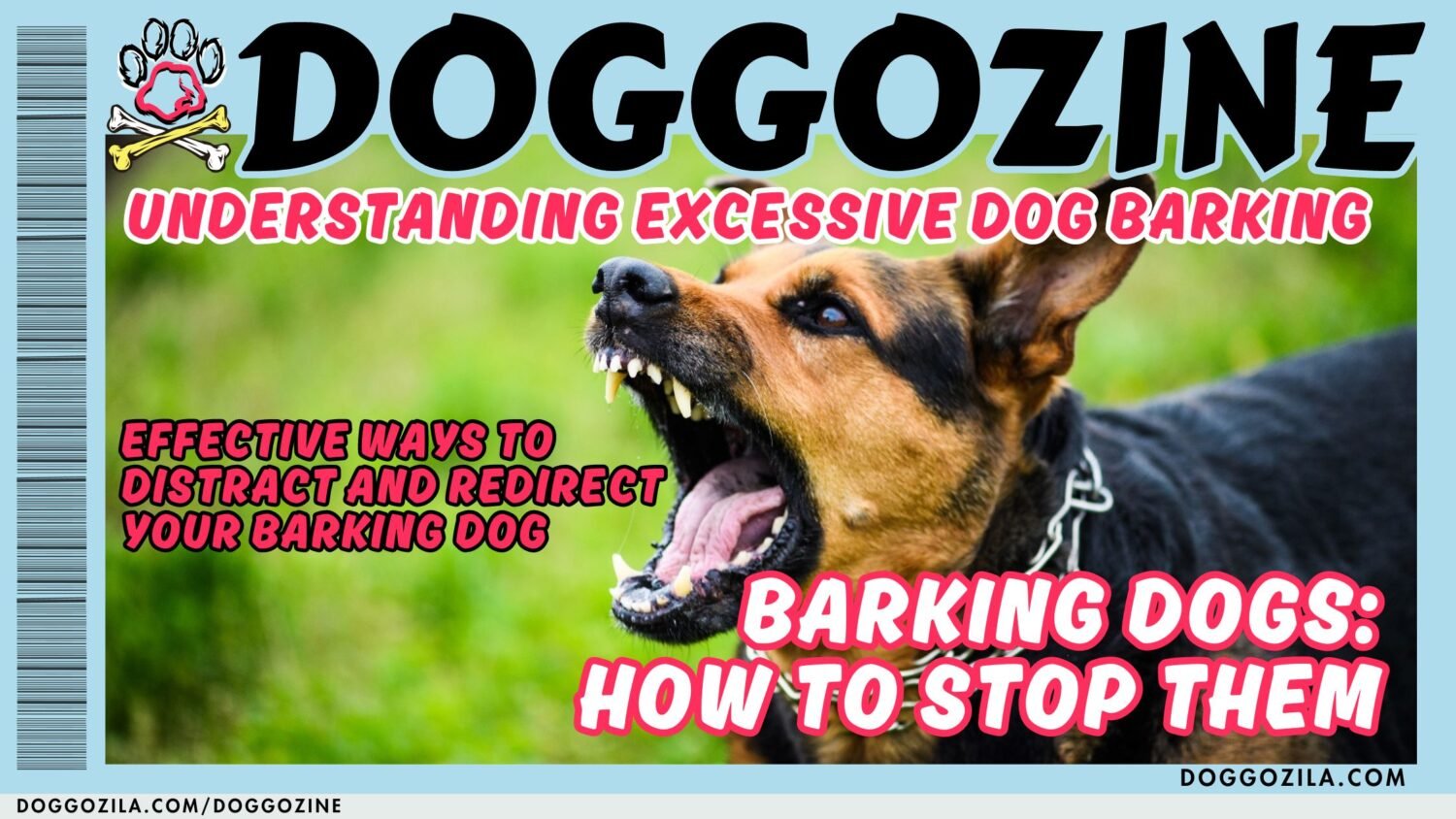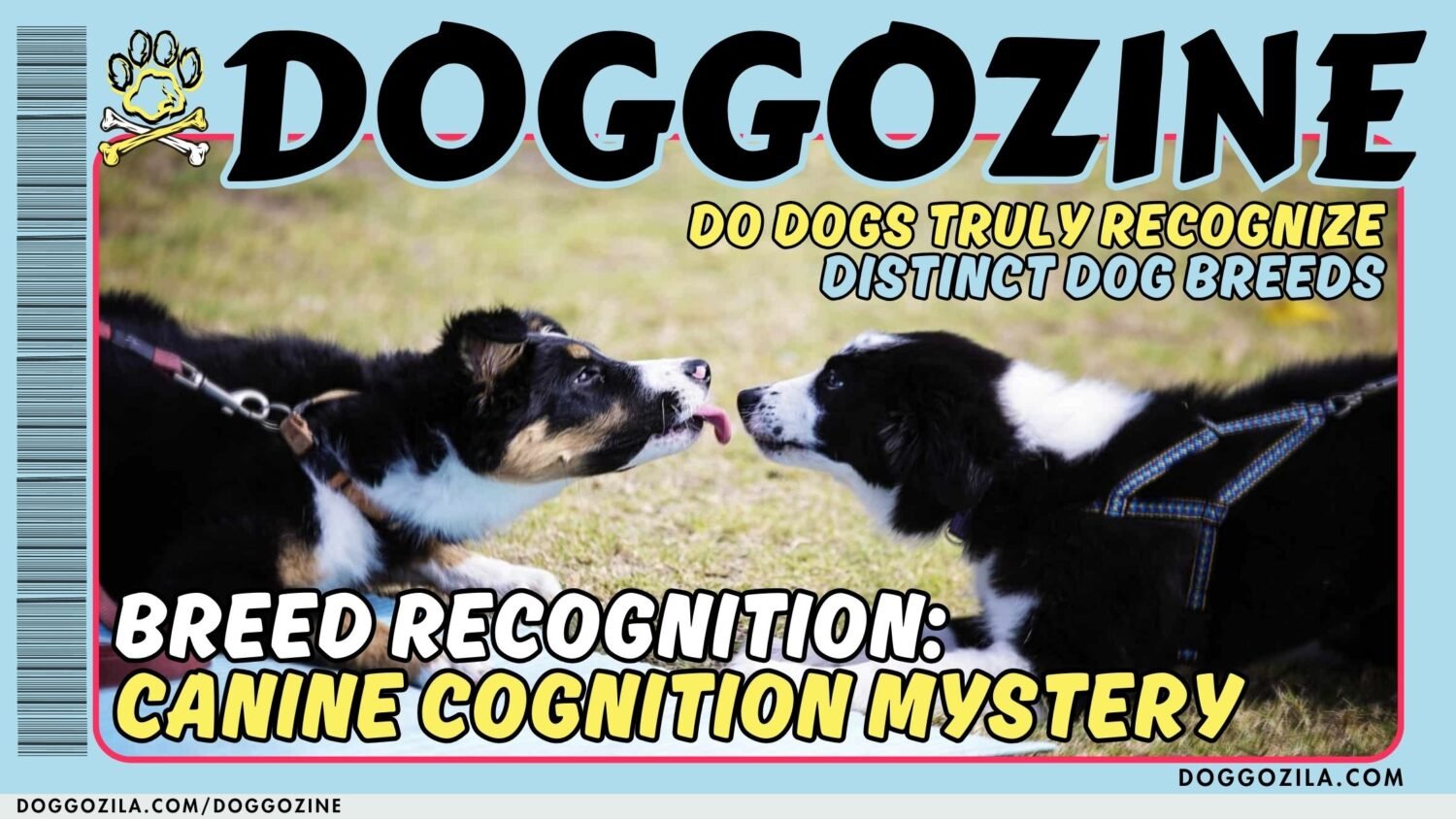If you’re a dog owner, you’ve probably noticed that your furry friend’s breath doesn’t always smell like roses. In fact, it can sometimes be downright foul. But why does this happen? Learn why does my dog’s mouth smell bad!

REASONS WHY DOES YOUR DOG’S MOUTH SMELL BAD
Dog’s Mouth Bad Smell Causes, Prevention, and Treatment
As a dog owner, you may have experienced the not-so-pleasant odor emanating from your furry friend’s mouth. While bad breath in dogs is common, it can be indicative of underlying health issues or dental problems. In this comprehensive guide, we will explore the causes of bad breath in dogs, how to prevent it, and treatment options to ensure your canine companion enjoys fresh and healthy breath.
Understanding Bad Smell in Dog’s Mouth
Bad breath, technically known as halitosis, in dogs is a common issue that can have various causes. While it’s not unusual for your dog to have some level of mouth odor, persistent and foul-smelling breath may indicate an underlying problem.
Causes of Bad Smell in Dog’s mouth
- Dental Issues: The most prevalent cause of bad breath in dogs is dental problems. Accumulated plaque, tartar, and gingivitis can result in unpleasant odors.
- Diet and Nutrition: An imbalanced diet or poor-quality dog food can contribute to bad breath. Certain foods and ingredients may worsen mouth odor.
- Gastrointestinal Problems: Issues in the stomach or intestines can result in regurgitation of foul-smelling gases, leading to bad breath.
- Oral Infections: Infections within the mouth, such as periodontal disease, can produce offensive odors.
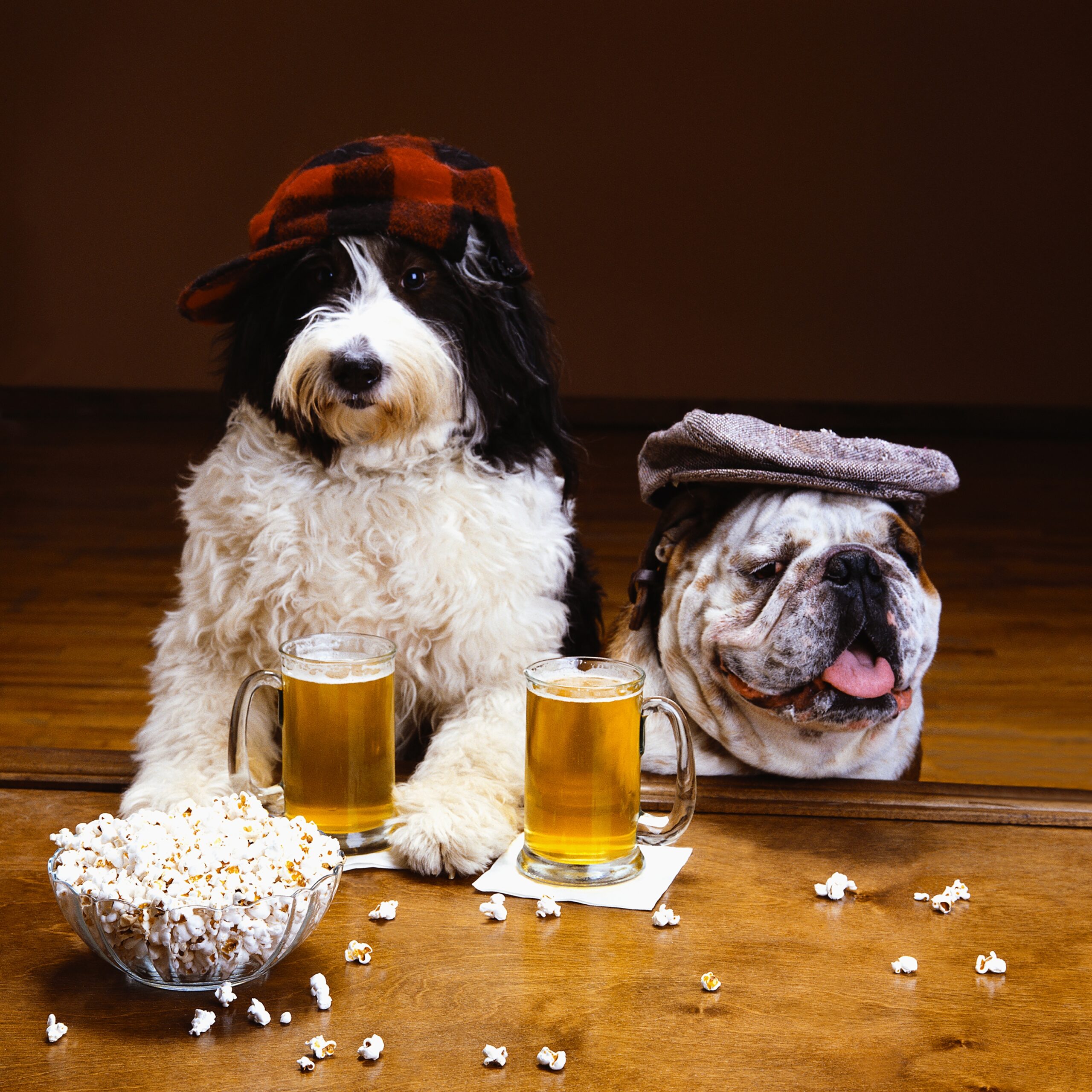
PREVENTING BAD SMELL IN DOG’S MOUTH
- Oral Hygiene Practices: Regular brushing, using dog-friendly toothpaste and a soft brush, is essential for maintaining oral health.
- Balanced Diet: Feeding a balanced and high-quality diet is crucial for overall health and preventing bad breath.
- Chew Toys and Dental Treats: Dental dog treats and some chew toys can help decrease tartar buildup and plaque.
Home Remedies for Fresher Dog Breath
- Regular Brushing: Learn how to brush your dog’s teeth and make it a part of your routine.
- Natural Breath Fresheners: Natural remedies like parsley or mint leaves can be added to your dog’s diet to freshen breath.
When to Seek Veterinary Care if your dog’s mouth smell bad
- Professional Dental Cleaning: Regular dental check-ups and professional cleanings are vital for preventing dental problems that lead to bad breath.
- Treatment of Underlying Conditions: If bad breath is caused by a health issue, your veterinarian will recommend appropriate treatment.

ENSURING YOUR DOG’S MOUTH BREATH IS FRESH AND HEALTHY
Bad breath in dogs is a common issue with various potential causes. By understanding these causes and taking proactive measures to prevent bad breath, you can ensure that your canine companion enjoys fresh and healthy breath.
There are a few reasons why your dog’s mouth might smell bad
Here are some of the most common:
- Plaque and tartar buildup: Just like in humans, plaque and tartar can build up on your dog’s teeth over time. This can lead to bad breath, as well as other dental problems, such as gum disease.
- Diet: If your dog eats a diet that is high in carbohydrates or unhealthy fats, it can contribute to bad breath. This is because these foods can cause bacteria to grow in your dog’s mouth.
- Health problems: Bad breath can be a sign of a more serious health problem, such as kidney disease, liver disease, or diabetes. If your dog’s breath suddenly starts to smell bad, it’s important to take them to the vet to rule out any underlying medical conditions.
- Foods: There are some foods that can cause bad breath in dogs, such as onions, garlic, and other strong-smelling foods. If you notice that your dog’s breath smells bad after they eat a particular food, it’s best to avoid giving them that food in the future.
Few things you can do to help improve your dog’s bad Smell in his mouth
Here are a few tips:
- Brush your dog’s teeth regularly! This is the best way to prevent plaque and tartar buildup, which can lead to bad breath. You can brush your dog’s teeth with a toothbrush and dog-friendly toothpaste.
- Feed your dog a healthy diet! A diet that is high in fiber and low in carbohydrates and unhealthy fats can help to reduce bad breath. You can also try adding dental treats or chew toys to your dog’s diet to help keep their teeth clean.
- Take your dog to the vet for regular checkups! If your dog’s breath suddenly starts to smell bad, it’s important to take them to the vet to rule out any underlying medical conditions.
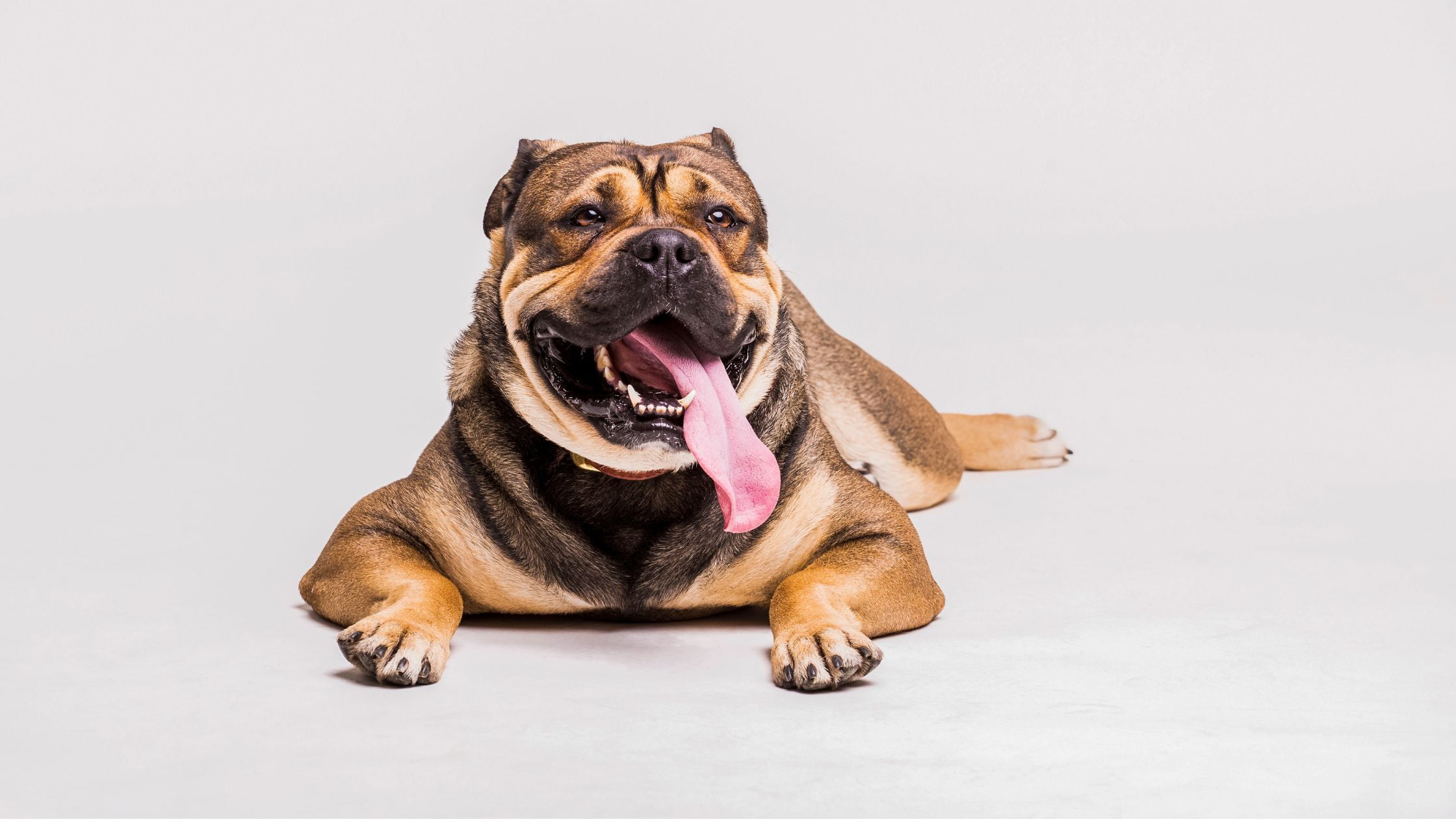
NATURAL SOLUTIONS FOR YOUR DOG’S BAD BREATH
Understanding the root causes and embracing natural remedies is the key to banishing doggie breath for good breath.
Unlocking the Causes of Bad Breath in Dogs
- Plaque and Tartar Buildup: If you’ve noticed your dog’s breath taking a turn for the worse, it might be due to the accumulation of plaque and tartar on their teeth. Regular dental care is essential to combat this issue.
- Gum Infections and Disease: Bad breath can also signal gum infections or periodontal disease in your furry friend. Addressing these concerns is crucial for maintaining optimal oral health.
- Diet and Digestive Health: Balancing their nutritional intake can help tackle bad breath at its source.
Natural Remedies for Fresher Doggie Breath
- Regular Brushing: Start by incorporating a regular brushing routine into your dog’s life. This will remove all the plaque and will preven more tartar buildup while promoting better breath.
- Coconut Oil: The wonders of coconut oil extend to your dog’s breath.
- Fresh Fruits and Vegetables: Crunchy delights like apples and carrots act as natural breath fresheners for dogs. Plus, they offer essential nutrients for overall health.
- Probiotics: Enhance your dog’s digestive system with probiotics. These beneficial bacteria can contribute to better gut health, potentially reducing factors that cause bad breath.
- Parsley: A sprinkle of parsley in your dog’s meals not only adds flavor but also serves as a natural breath freshener, thanks to its aromatic properties.
- Green Tea: Introduce green tea to your dog’s routine for its antioxidant-rich benefits. It may aid in combating bacteria in their mouth, contributing to better breath.
Establishing Good Oral Care Habits
- Regular Vet Check-ups: Professional examinations and cleanings are vital components of a comprehensive oral care routine.
- Hydration: Don’t overlook the power of hydration. Encourage your dog to drink plenty of water; it helps maintain saliva production, a natural mouth cleanser.
Brief sum up about why my dog’s mouth smell bad
Maintaining your dog’s oral health is a holistic approach that goes beyond masking bad breath—it’s about ensuring their overall well-being. By incorporating these natural remedies and establishing good oral care habits, you’re setting the stage for a healthier, happier, and fresher-smelling furry friend. With these natural solutions and regular veterinary care, you can say goodbye to doggie breath woes and welcome a world of freshness into your canine companion’s life.
By following these tips, you can help to keep your dog’s mouth clean and their breath fresh.
Regular oral hygiene practices, a balanced diet, and professional dental care when necessary are key to maintaining your dog’s oral health and overall well-being. Remember, a dog’s breath can tell you a lot about their health, so keeping it fresh is not just about pleasant interactions; it’s about their quality of life.
Read more on the topic of Dog Odors on the Wiki Pages! Healthy and Unhealthy dog odors can tell us many things!

